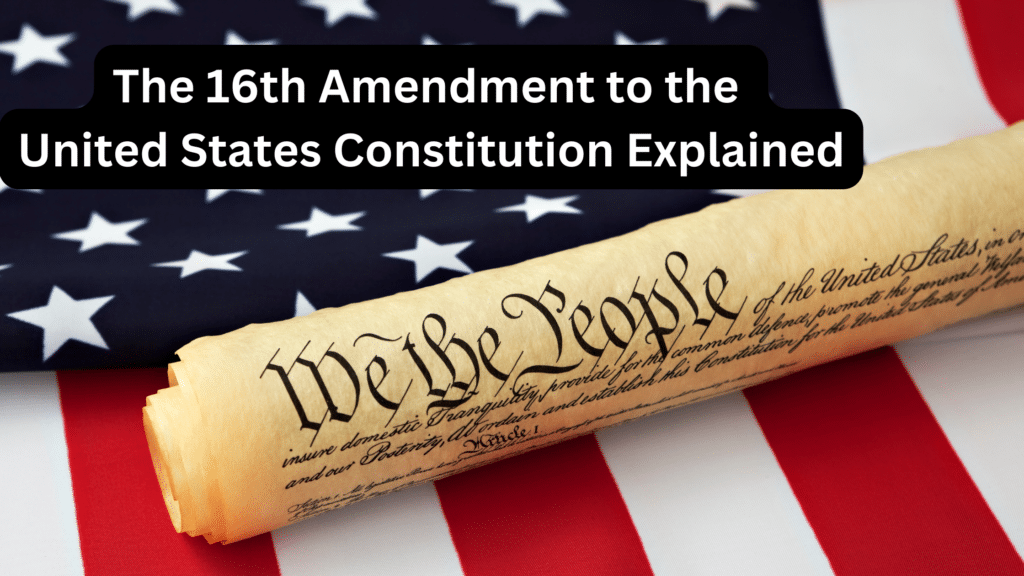8th Amendment to the United States Constitution Explained

8th Amendment“Excessive bail shall not be required, nor excessive fines imposed, nor cruel and unusual punishments inflicted.” 8th Amendment Simplified According to the 8th Amendment of the United States Constitution, fines should not be imposed in excess, nor excess bail be required. It also prohibits any punishment that is brutal and barbaric. The amendment, which […]
7th Amendment Simplified

The first 10 Amendments to the United States Constitution are collectively called the Bill of Rights. Like the other nine, Amendment VII is all about protecting the rights of the individual.
6th Amendment Simplified

The 6th Amendment of the United States Constitution is also known as the Speedy Trial Amendment and Right to an Attorney Amendment. What is the 6th Amendment? The 6th Amendment describes the rights to which someone accused of a crime is entitled. Read on to find out exactly what 6th Amendment rights there are. 6th AmendmentIn […]
17th Amendment Simplified

17th Amendment 1: The Senate of the United States shall be composed of two Senators from each State, elected by the people thereof, for six years; and each Senator shall have one vote. The electors in each State shall have the qualifications requisite for electors of the most numerous branch of the State legislatures. 2: […]
16th Amendment to the United States Constitution Explained

The 16th Amendment was ratified in 1913. It states that Congress has the right to levy taxes on income of any kind. The tax is imposed without any regard for demographics and also without distributing it among states.
22nd Amendment Simplified

The 22nd Amendment to the United States Constitution was created to change the two-term policy of the president from being a tradition to actually being a law.
